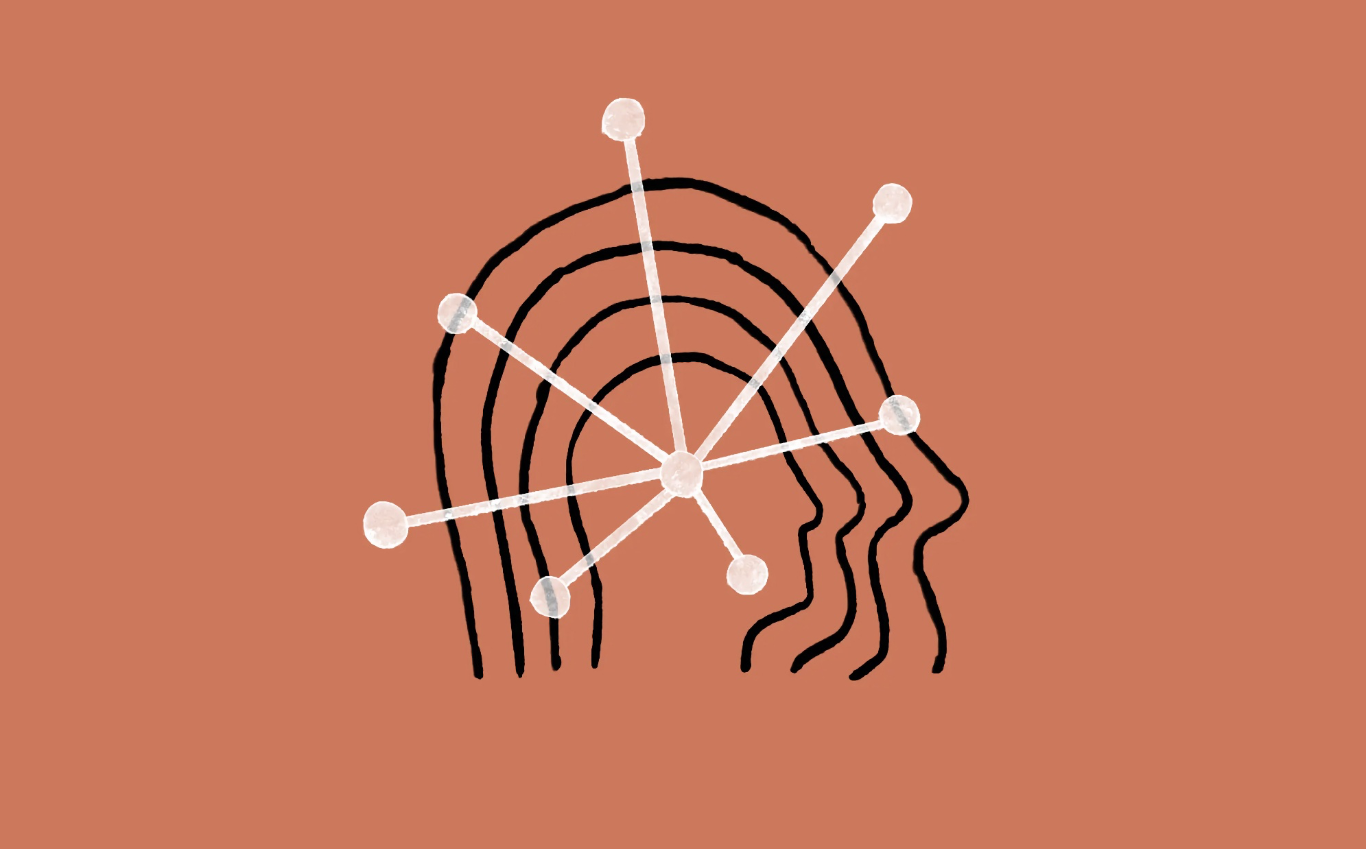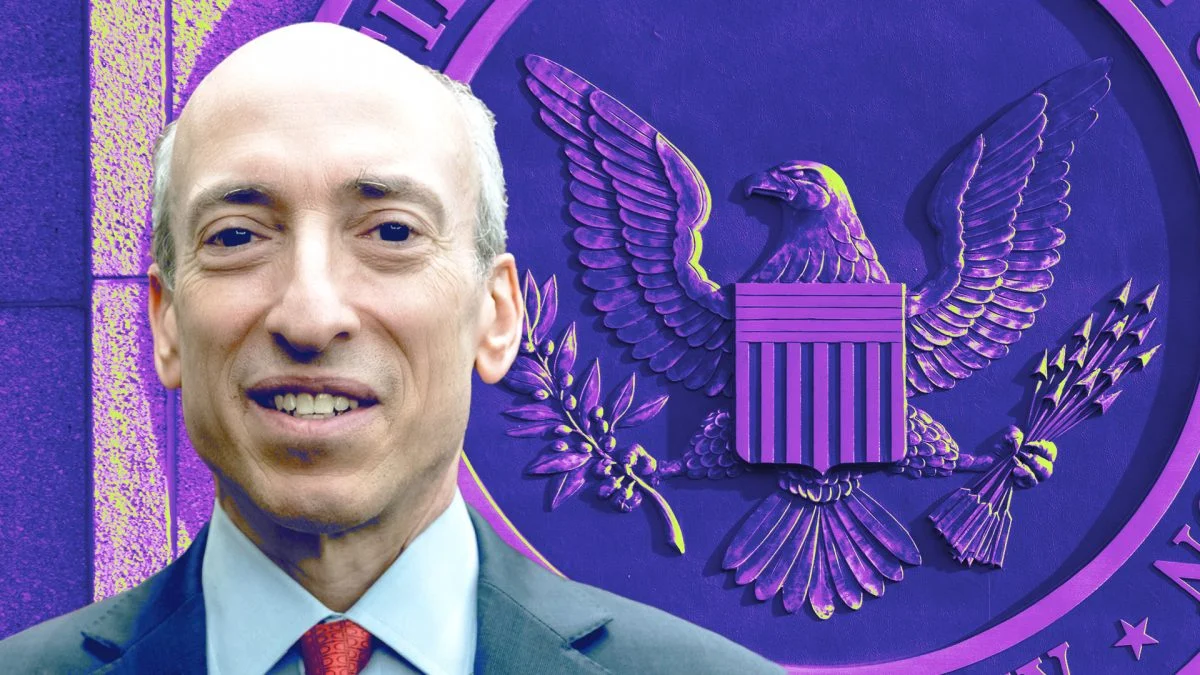Let the transaction speed reach 1 million TPS in the future, and the Ethereum expansion solution officially released
Fuel Labs released Fuel in the blog yesterday, which is the second largest blockchain platform Ethereum's alternative expansion solution. The project is expected to pass a security review soon to ensure its security and go live on the main network.

Image source:
Fuel Labs is a non-profit organization made up of a handful of Ethereum programmers. In the past two months, it has been quietly developing Fuel, which is based on research papers by ConsenSys researcher John Adler.
- Bitcoin options are coming, will Bakkt help or help?
- Staking Economics: Avoiding the centralization of network power, how does “reverse incentives” work?
- Twitter CEO: Twitter will never join Facebook's Libra project
The Fuel Labs blog post states:
“After several in-depth conversations, we began to work hard to develop a practical Ethereum expansion implementation that would solve a problem: achieving sustainable, scalable, cheap and reliable stable currency payments at Ethereum: Fuel.”
The team's own conservative estimates claim that Fuel can make Ethereum transaction costs five times cheaper. Most importantly, it estimates that the number of transactions that Ethereum can handle per second can be increased from about 10 to 50. Looking ahead, you can see an increase to 2000 transactions per second (TPS), or even a million.
Ethereum is a platform for processing large amounts of cryptocurrency payments, including thousands of tokens and decentralized applications (dapps) built on it. However, the Ethereum platform is currently struggling to deal with a large number of transactions. So far, many solutions have been proposed, such as the chain network Plasma solution, but none have proven to be truly effective. Fuel Labs is planning to use a new technology called "optimistic rollups" (which was recently discussed by Ethereum co-founder Vitalik Buterin) to develop a solution that is said to better help Ethereum expand immediately. This makes the transaction much cheaper.
Optimistic about the future
Optimistic rollups are built on the concept of sidechains where work is transferred to a parallel blockchain. But these don't solve the problem completely, because they still involve a lot of trading on the main Ethereum blockchain.
Instead, optimistic rollups essentially process transactions in a batch so that there are few transactions on the main blockchain. In this case, the data can still be used on the Ethereum main blockchain, but hidden in a data structure called the merkle tree. However, as long as you know where you are looking, you can find the data.
This means that you can still prove that the optimistic rollups transaction is accurate, because you can find any transaction on the Ethereum main blockchain and reduce the burden on the Ethereum network while still leveraging its high level of security.
We will continue to update Blocking; if you have any questions or suggestions, please contact us!
Was this article helpful?
93 out of 132 found this helpful
Related articles
- Viewpoint | Is the exchange the only way out for the project?
- The rebound of the market is insufficient, pay attention to short-term risks
- New bank Current receives $20 million in Series B financing, investment in Galaxy Digital, etc.
- Vitalik: Eth2 Fragmentation Chain Simplification Proposal
- Gartner's Top Ten Strategic Technology Trends in 2020: Blockchain will be fully scalable by 2023
- The turnover of Bakkt hit a new high on the day of the 1023 plunge, and the netizens wondered why the organization always went short.
- Litecoin, the whole line of mining machines approaching the shutdown price… Bitcoin machine S9 is also "hard"






